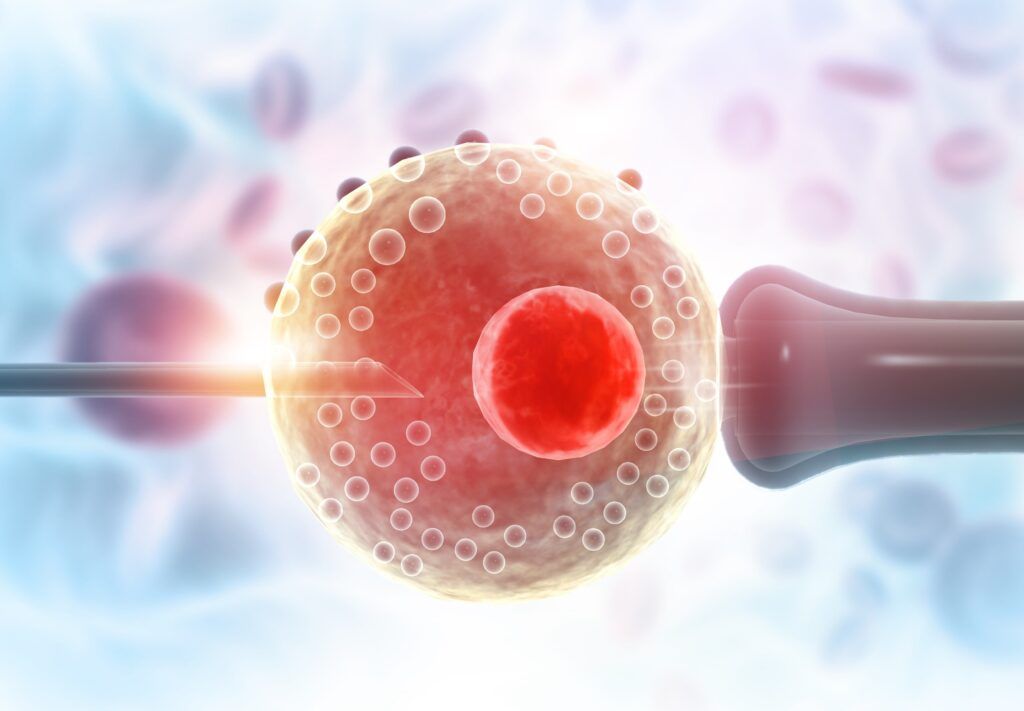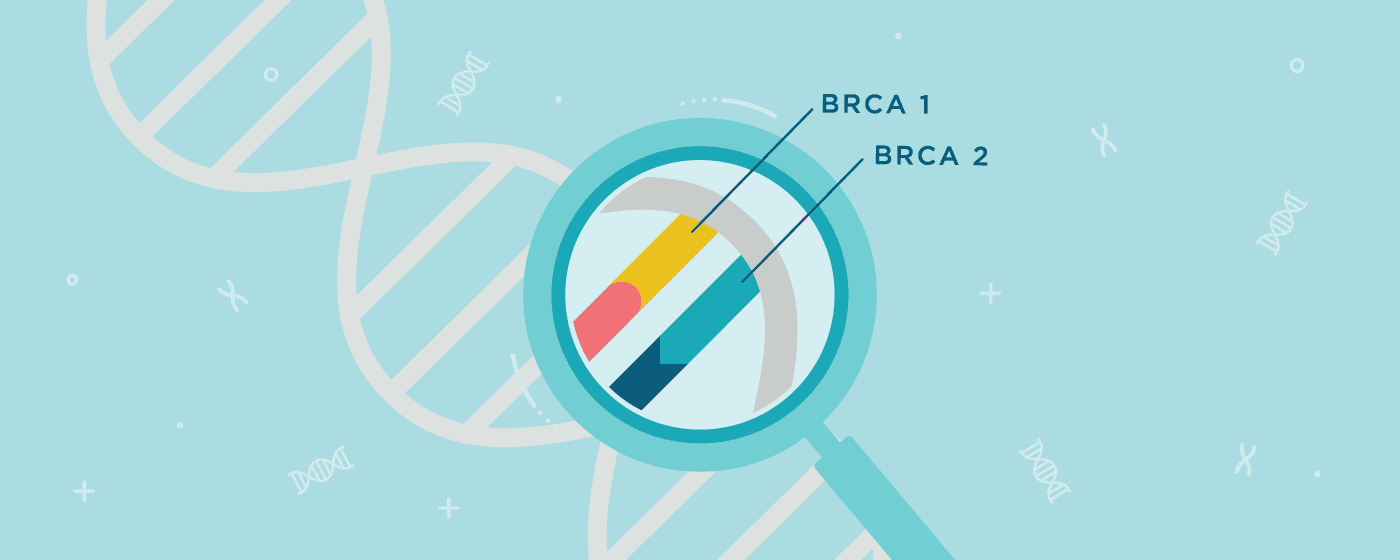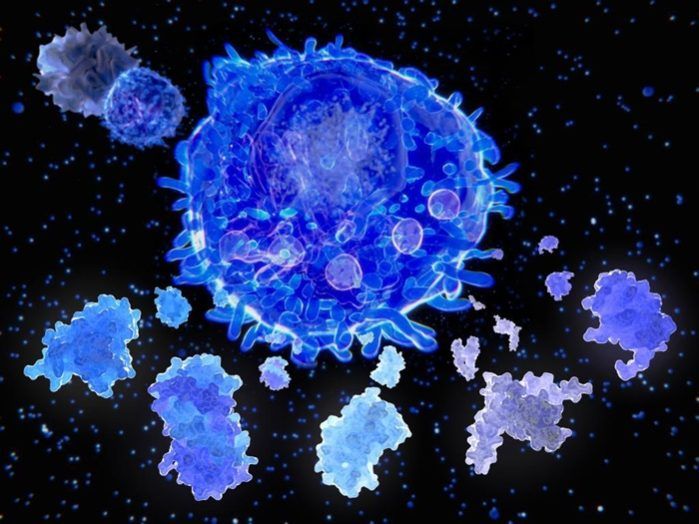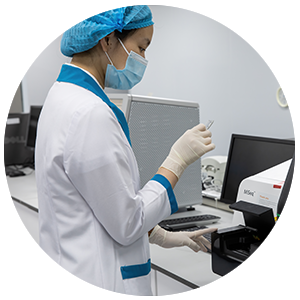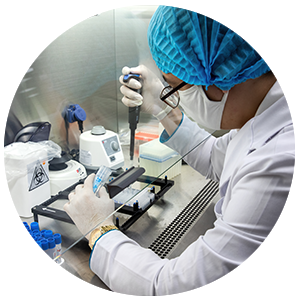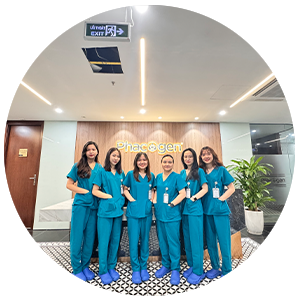PGS pre-embryo transfer genetic screening and success rate of sucessful pregnancy & birth giving
What is Preimplantation Genetic Screening (PGS)?
PGS (Preimplantation Genetic Screening) or PGT-A (Preimplantation Genetic Testing for Aneuploidy) is a genetic screening test before embryo transfer that detects abnormalities in the number of chromosomes in the embryo to increase the success rate of fertilization cases. artificial IVF, helps improve efficiency in reproductive health care, supports infertility treatment for families or limits the risk of giving birth to children with genetic diseases.
.
Benefits of PGS
+ Increase implantation rate and success rate of in vitro fertilization (IVF)
+ Reduce the number of IVF procedures
+ Increase success rate when converting
+ Increase the rate of successful pregnancy in older women, especially over 35 years old
+ Increase the ability to conceive and give birth to a healthy baby
.
Who should take PGS test?
+ History of implantation failure (multiple IVF failures equal or over 3 times)
+ Women with multiple miscarriages (especially equal or over 2 consecutive cases)
+ People with chromosomal abnormalities
+ A couple who has been pregnant or given birth to a child with a birth defect wants to have a healthy next child
+ Mother's age is high (equal or over 35 years old)
+ There are male infertility factors (especially the husband's severe infertility - AZF deletion)
.
Advantages of PGS compared to other pre-embryo transfer screening methods
ACCURACY
+ Sensitivity and specificity up to 99.99%
.
INCLUSIVENESS
+ Screening all 23 chromosomes and microdeletions
+ Indicated 130 syndromes related to chromosomal additions/deletions
.
EFFICIENCY
+ Increase the rate of pregnancy and birth of a healthy baby for couples doing IVF
+ Increase pregnancy rate after artificial insemination
.

